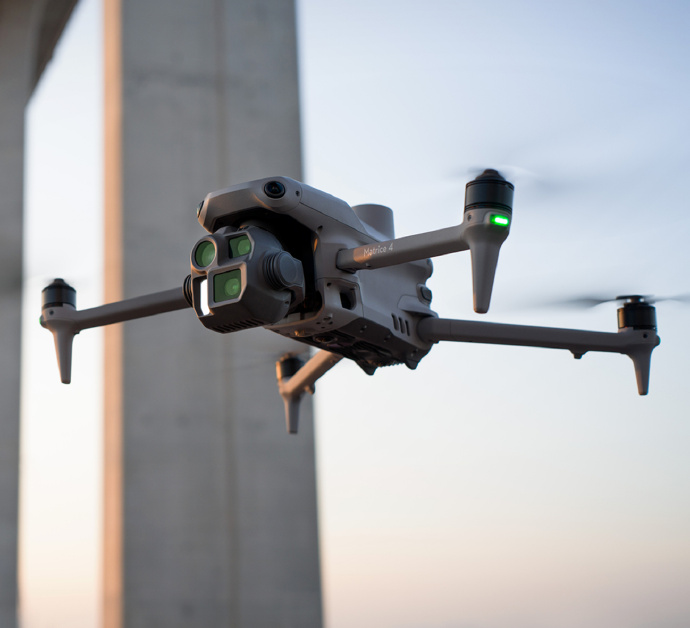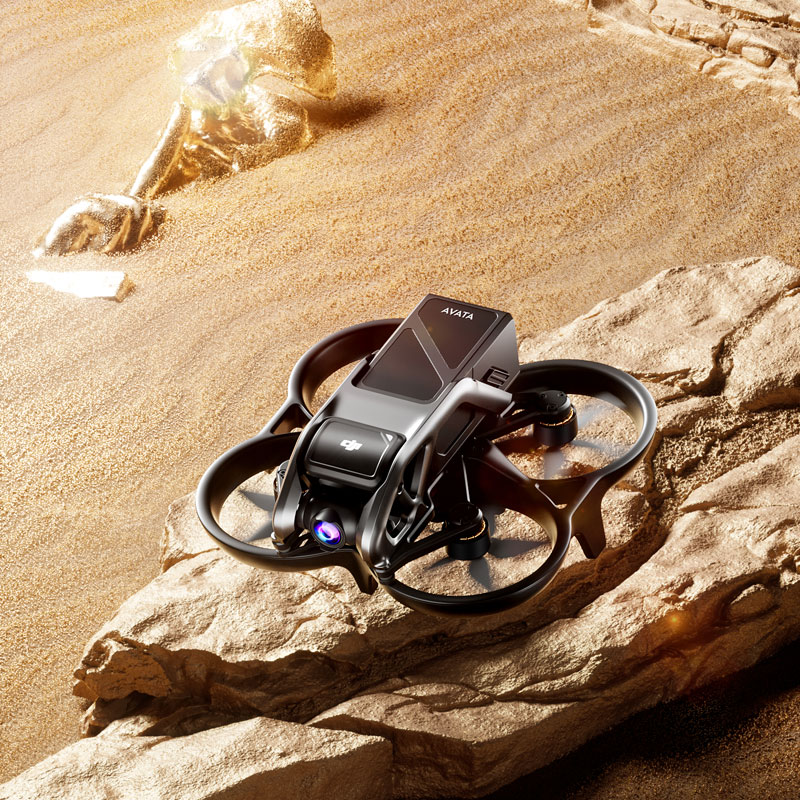These miniature flying devices are causing a revolution in various fields, be it photography, logistics, or recreation. In their wake, though, global legal systems are adapting swiftly, enacting new drone regulations to handle this burgeoning technology. The rules governing drones, often referred to as drone laws, are an intricate web that varies from region to region. Understanding them is crucial for anyone involved in operating these aerial systems.
Global Regulations
International drone laws differ significantly, with countries implementing unique rules for pilots and manufacturers. Some regions have stringent requirements, mandating drone registration and pilot certification, while others are more lenient. Online resources can be essential for grasping these variations and ensuring compliance, which is key to avoiding penalties. A thorough understanding of local aviation laws and the steps required to legally operate a drone can empower enthusiasts and businesses alike.
The Need for Drone Legislation
As drones gain popularity, their potential for privacy invasion and airspace interference has become a concern. Governments worldwide have introduced drone laws to mitigate these threats. Regulating drone use helps prevent illegal surveillance and airspace congestion, establishing concrete boundaries for both recreational and professional drone use. These laws are vital for maintaining privacy and safety standards in regions heavily populated with drone operators.
Types of Drone Laws
Drone regulations can be classified into categories such as operational limits, safety measures, and usage permissions. Operational limits often impose restrictions on altitude, speed, and geographical areas where drones can be flown. Safety measures may require drones to be equipped with anti-collision systems and lights for nighttime use. Usage permissions typically involve obtaining authorization for commercial operations, especially in urban areas. Pilots should keep themselves updated with modifications to these laws, as technology evolves swiftly.
Drone Registration and Licensing
In many countries, registering your drone and acquiring a license are mandatory steps. The registration process typically includes providing the drone’s specifications, serial number, and owner details. Licensing might involve passing a proficiency test that assesses the operator’s knowledge of airspace rules, safety protocols, and flight skills. With drones becoming a common sight worldwide, these measures ensure that operators adhere to responsible flying practices.
Impact on Commercial Applications
Commercial drone applications are particularly susceptible to these laws, as they often require extensive permits and compliance measures. Businesses using drones for delivery, inspection, or surveillance frequently face additional scrutiny. Staying informed about drone laws allows companies to integrate these devices without hindrance into their operations, fostering innovation while ensuring legal conformity.
As drone technology progresses, the complexity of its regulations will undoubtedly evolve. With advancements in autonomous systems and AI-driven drones, laws might adapt to cater to new ethical concerns and technological breakthroughs.
FAQs About Drone Laws
- What happens if I fly a drone without registration?
 Operating a drone without registration in a place where it’s required can lead to fines, confiscation of the drone, or legal action.
Operating a drone without registration in a place where it’s required can lead to fines, confiscation of the drone, or legal action. - Are there areas where drones can’t fly? Certainly. Places like airports, military bases, and national parks often have restricted airspace prohibiting drone operations.
- Can drones be used for commercial purposes? Yes, but most areas require special permissions or licenses for commercial drone use, often accompanied by strict regulations.

